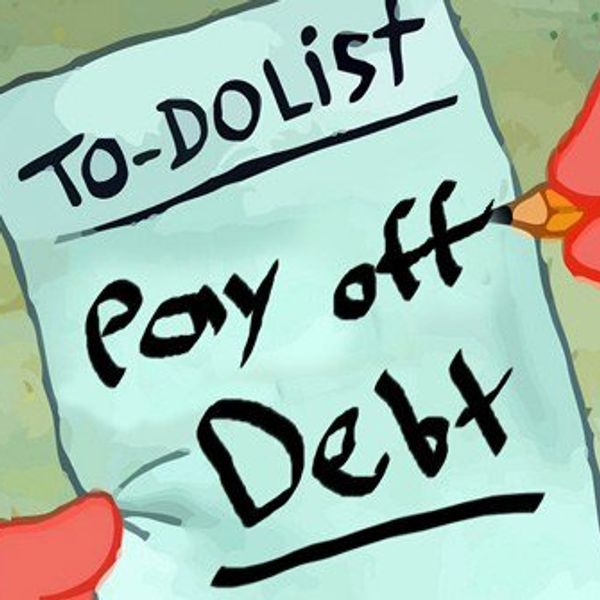For those of you on the political left, the United States’ military spending is rather high. At 4 percent of its GDP and 20 percent of its total government spending, the US spends far more on military expenditures than the rest of the world. This is arguably attributable to the “military-industrial complex”, the close relationship between government and the defense industry. The decisions on military spending are not made lightly, however. A nation must always be prepared for war, even if it does not seek it. The question, therefore, is how to maintain readiness for defense without spending too much on it during peacetime.
During the World Wars, the US had a very large manufacturing sector. We didn’t so much build military factories as we did convert the ones we had. In the above photo, Buick production workers in 1942 commemorate the last civilian car produced before the factory shifted to producing airplane engines, M18 tank destroyers, and armored tractors. After the war ended, factories resumed civilian production. However, as globalization and deindustrialization took root, American manufacturing has declined somewhat, and much of its goods are produced elsewhere. This presents a huge potential threat to national security: How does a country remain prepared for a full-scale war if its manufacturing is declining?
My idea, therefore, is quite unique. Automation has greatly changed manufacturing and the very nature of work in the world. Since we have a bunch of abandoned factories in places like Detroit and Cleveland, why not do something with them? They would be converted into automated “emergency factories”, which would function in the same way as emergency shelters.
These buildings would remain dormant during peacetime, with only a small force of techs to keep the machines in working order. Raw materials such as steel would be kept separate from the factory to prevent unauthorized production. However, when and if the need ever arises, the factories would be brought to life and raw materials delivered. As soon as the raw materials arrive, the factory begins producing tanks or guns or planes or whatever the factory was designated to produce. Thanks to automation, staff shortages will be either easily mitigated or non-existent.
The benefits are numerous. Obviously, once the factories are made ready (which presents a possibly large one-time cost), the costs of maintaining the factories should be much lower than the current military-industrial complex. By restoring and converting old, abandoned factories, we reduce the eyesore in the surrounding urban area and save both money and material associated with the structure itself. Finally, since the factories are already there, it would take far less time to begin wartime production than it would take to shift a factory from civilian to wartime production.
There are, however, some potential challenges. First and foremost is the cost. Restoring and converting the factories would present a rather high one-time cost, which would need some method of funding. Next is the logistics – we would need to ensure that materials can easily be delivered and finished products be shipped during wartime. Finally, we have the current defense industry. I understand that the defense industry provides thousands of jobs, many of which are high-paying. Therefore, we would need to implement this plan in a way that benefits everyone, such as shifting to R&D or some civilian pursuit, such as space exploration. However, I believe that, if done right, the benefits of the Emergency Factory Program will outweigh the costs. Obviously, more detailed analysis will be needed to test my idea.
Hopefully, the country can one day remain prepared for war without seeking it. By always having production capability, the US can protect our liberty without spending too much on it.





















